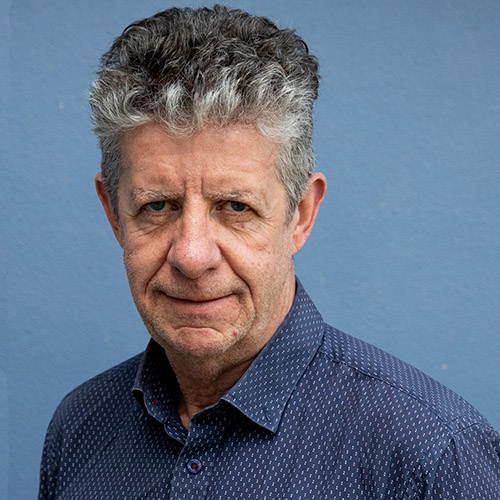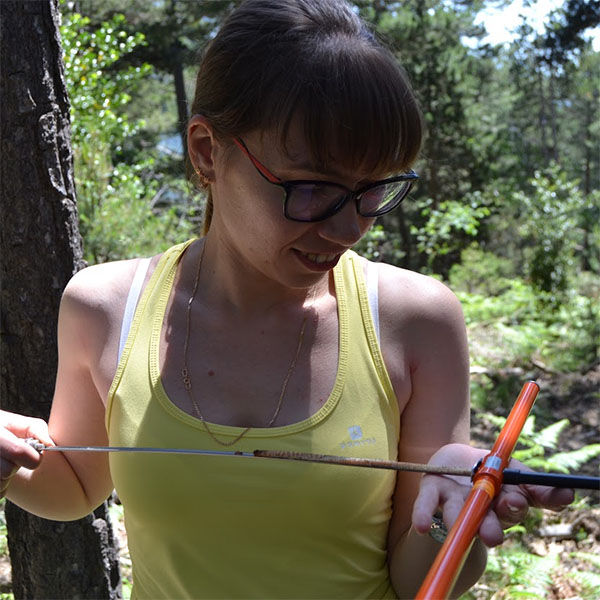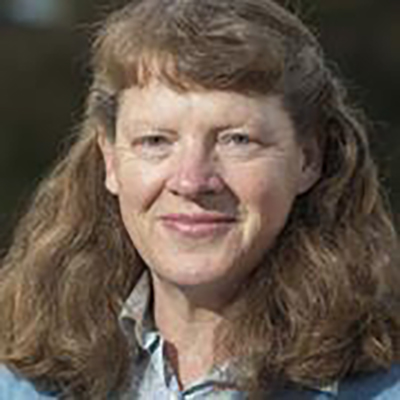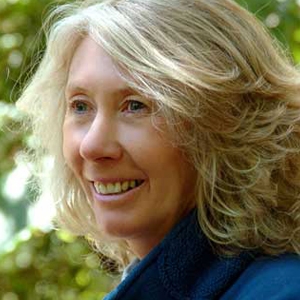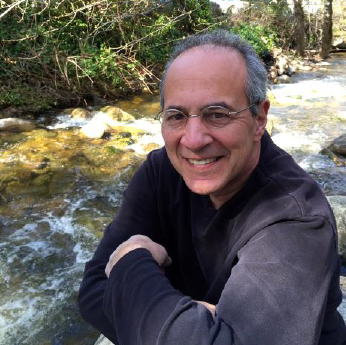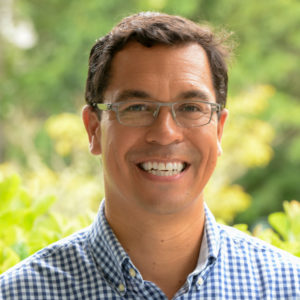Protecting and restoring forests are a key solution for the climate crisis as forest ecosystems remove carbon from the atmosphere and accumulate it in living trees, dead wood and the soil. Forest ecosystems provide the habitat for millions of species found nowhere else, and help regulate local climate conditions and provide our freshest water. They function as natural quarantines against pathogen spillover from wildlife to humans and livestock. Forests are also the customary territories of many of the world’s Indigenous and local communities.
However, not all forests are equal, and the benefits they provide us vary according to their ecosystem condition. The differences in their condition are mainly the result of the impacts from human land use and associated activities. Yet little consideration has been given to differentiating forest types and management schemes even though forests in poorer condition are at a greater risk of loss from both human and natural disturbances.
This study was also published in Frontiers in Forests and Global Change.
Article authors
Brendan Rogers
Brendan Mackey
Tatiana Shestakova
Heather Keith
Virginia Young
Cyril Kormos
Dominick DellaSalla
Glenn Bush
Additional authors
Jacqueline Dean, Richard Birdsey, Richard A. Houghton, and William R. Moomaw
Reference
Brendan M. Rogers, Brendan Mackey, Tatiana A. Shestakova, Heather Keith, Virginia Young, Cyril F. Kormos, Dominick A. DellaSala, Jacqueline Dean, Richard Birdsey, Glenn Bush, Richard A. Houghton and William R. Moomaw (2022). Using ecosystem integrity to maximize mitigation and minimize risk in international forest policy. Griffith Climate Action Beacon Science Informing Policy Briefing Note 2/22, pp. 1-5. Brisbane, Australia: Griffith University. DOI: https://doi.org/10.25904/1912/4555



